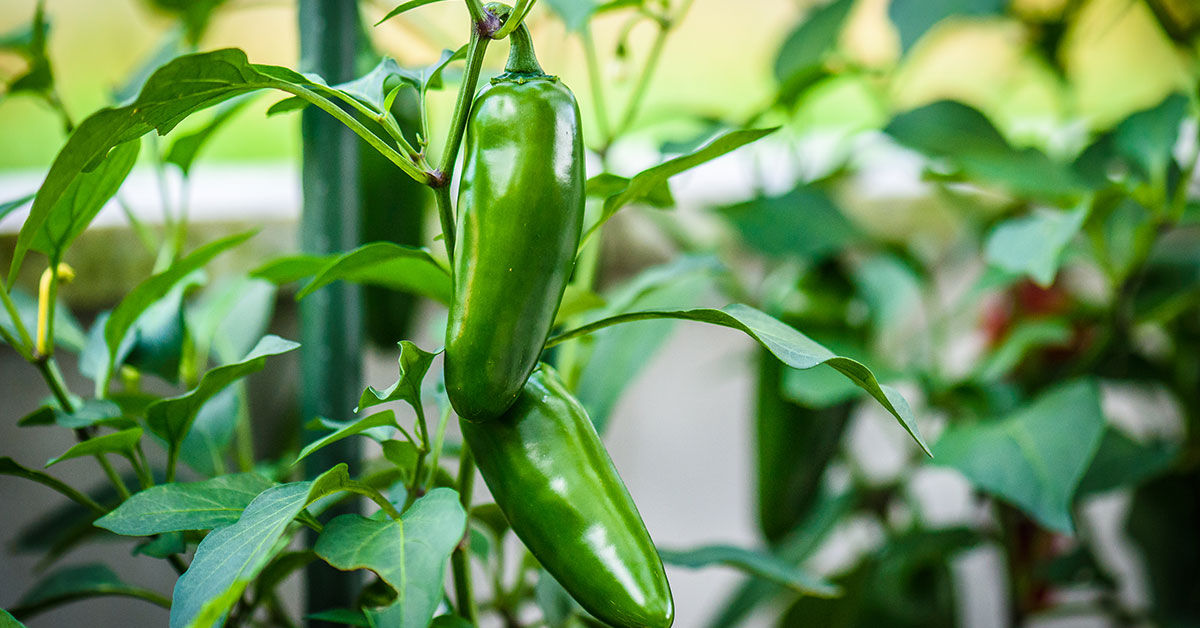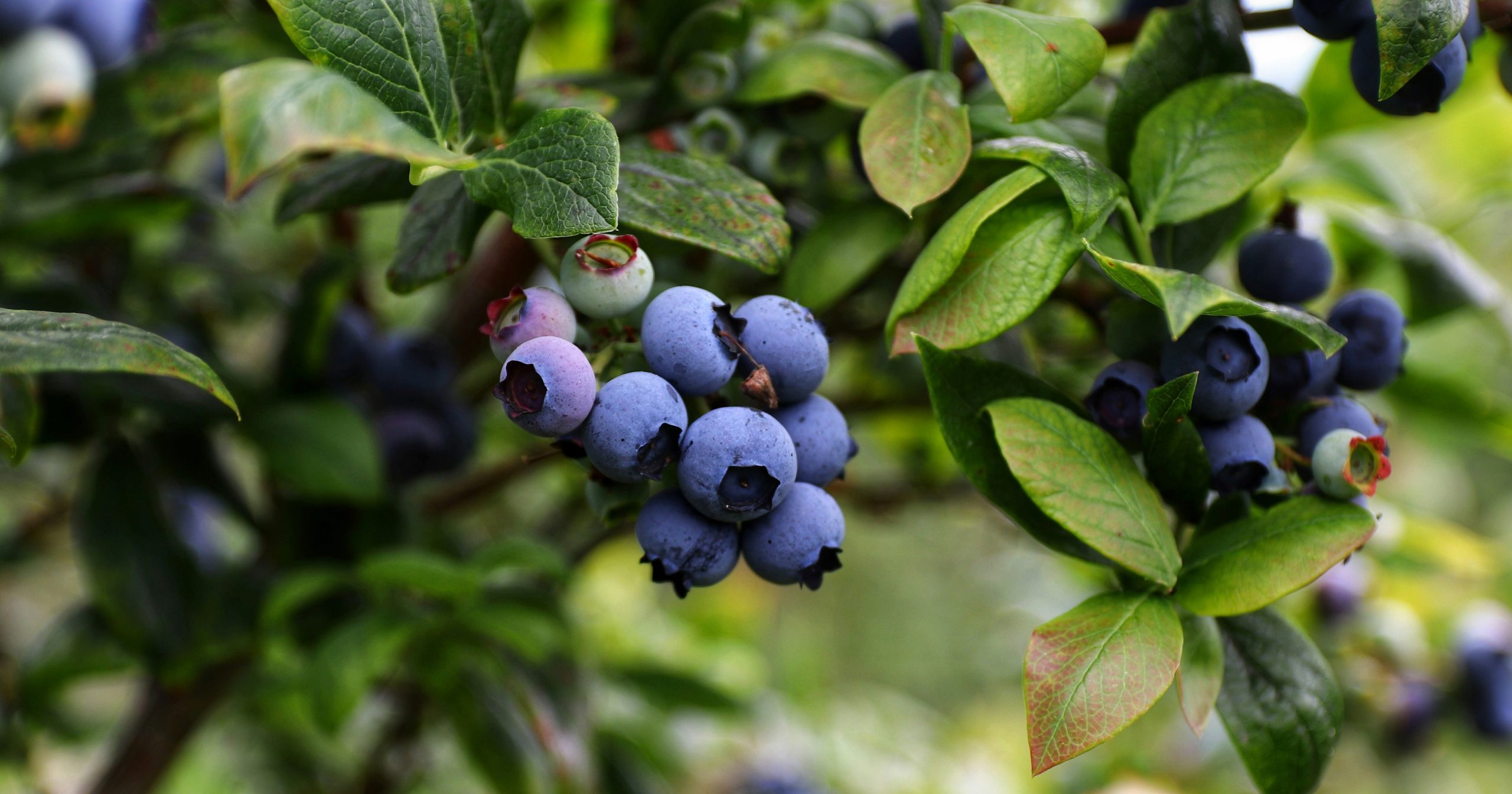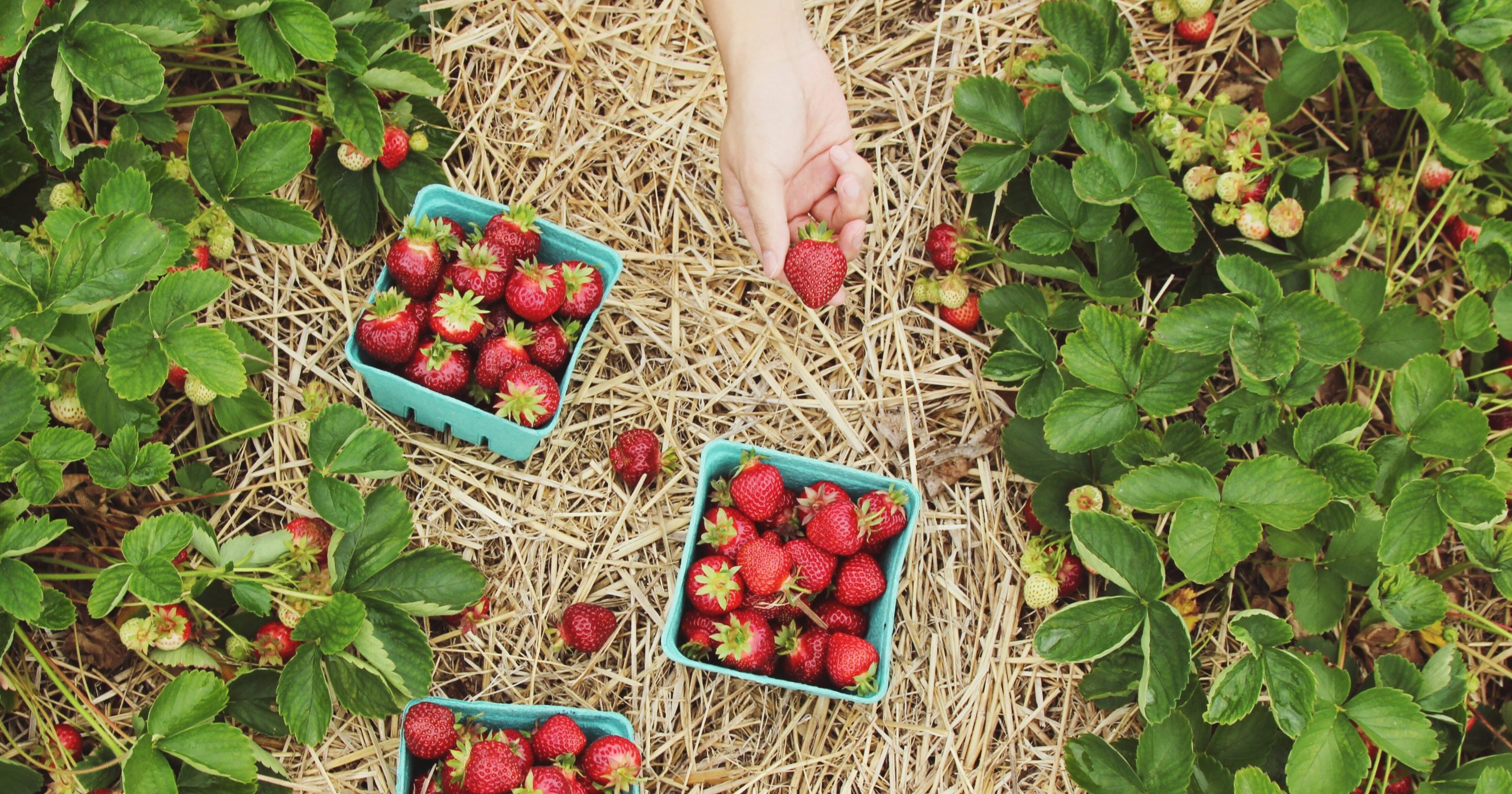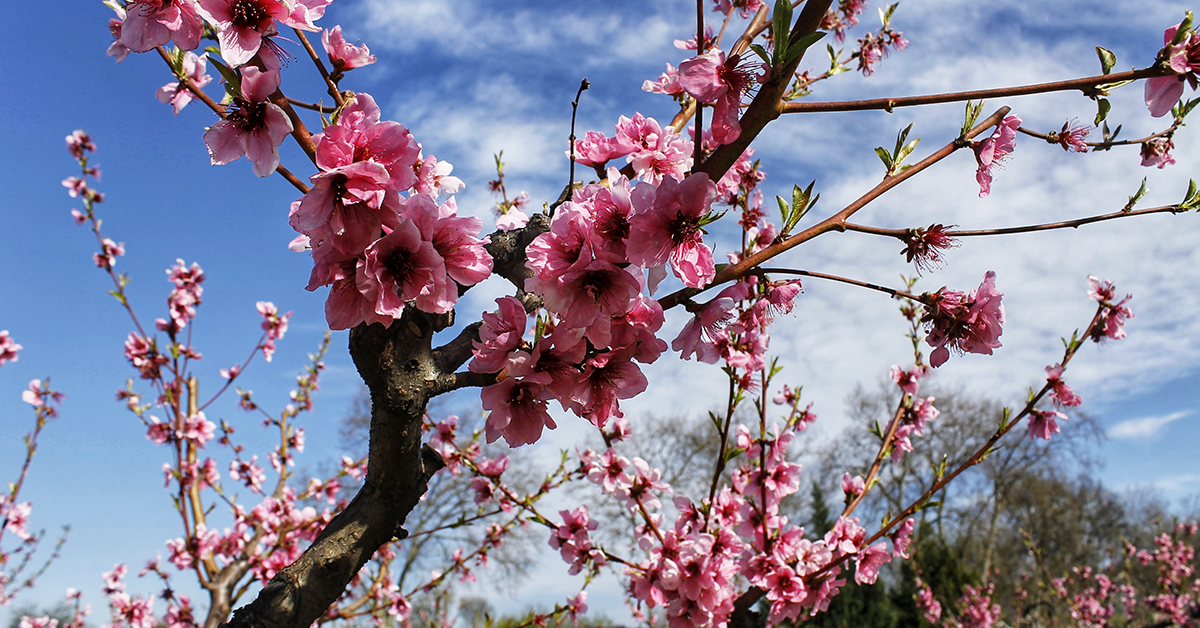Jalapeno plants are a type of perennial pepper plant native to Mexico but can be grown in various climates. They produce vibrant green peppers that have a mild but distinct spicy flavor, making them perfect for adding some spice to your dishes. Growing jalapenos is easy and rewarding, in this article, we’ll detail some companion plants that will make it even easier. By grouping certain plants nearby as they grow, their natural defenses and strengths can work in tandem. This can result in higher yields, fewer pesticides, and saving space.
The Best Companion Plants for Jalapenos
A companion plant is a plant that is beneficial to another when grown near one another. They can provide various types of protection, attract beneficial insects, or repel pests. Companion planting is an effective way to increase the health and productivity of a garden by improving soil fertility and encouraging biodiversity. Below is a list of plants that work well with jalapeno plants.
Chives
Chives are a great companion plant for jalapenos as they can deter pests and diseases. Chives secrete an oil that repels some insect pests, including aphids, carrot root flies, and Japanese beetles. Additionally, chives attract beneficial insects like ladybugs and lacewings which feed on harmful pests. Chives are widely accepted as increasing the flavor and yield of many pants including the jalapeno plant.
Okra
Okra is a preferred companion plant in areas with high wind or excessive heat. Jalapeno trees typically grow to about 6 ft while Okra gets up to 7 ft. The okra will be able to help block the high winds and provide partial shade. Okra is also a natural deterrent against many pests such as aphids.
Basil
Basil is a naturally thriving plant that can boost your jalapeno plant in many ways. Basil’s strong scent and natural oils keep many problematic insects at bay. This includes flies, mosquitoes, thrips, aphids, and spider mites. While keeping pests at bay, this companion plant attracts bees and other pollinators. Basil also increases the yield and flavor of the nearby jalapeno plant.
Carrots
Carrots are a great choice, especially in areas with a lot of heat or weeds. The carrots can provide a living much that keeps weeds at bay but also help to slow hydration loss. This will help with the day-to-day care of your garden tremendously.
Garlic
Garlic is one of the most protected plants from menaces like aphids, snails, slugs, worms, or mites. It will pass along that protection to your jalapeno plant. Just like carrots, it will also help retain moisture in the soil and deter weeds. Garlic and jalapenos are also the perfect matches in the kitchen!
Peas
Peas and jalapenos are stellar to grow together. It is important to mention that you have to plant the pea plant early. As the Pea plant grows it will naturally balance out the nitrogen levels in the soil, making the area perfect for jalapeno plants. You can cut the leave the pea roots in the ground to naturally make room for the peppers.
Spinach
Spinach will provide weed control around your pepper plant while not competing for light or resources. Spinach is a great jalapeno neighbor because it grows quickly and has shallow root systems. Once harvested you can switch it out with something else. This helps you get the most yield per square inch of your garden.
Plants to Avoid Growing With Jalapenos
When thinking about companion plants for jalapenos, you should consider what NOT to plant near then. There are a few plants that should not be grown near jalapeno plants. They aren’t suited for many reasons and can lead to stunted growth or death for both plants.
Apricots
Avoid planting your jalapeno plants near apricot trees. There is a pepper fungal disease that can easily spread to the apricot tree and kill it and vice-versa. Trees also shade other smaller plants, and jalapenos grow in full sun.
Beans
Beans and jalapenos should not be grown together because they have different nutrient requirements. Beans require nitrogen for growth and jalapenos require phosphorus. Growing them together can cause an imbalance in the soil’s nutrient levels, which can lead to poor plant health and low yields. Additionally, jalapenos are prone to be attacked by pests and diseases, which can spread to the beans and reduce their yield as well. For these reasons, it is best to keep beans and jalapenos in separate areas of the garden.
Fennel
Fennel is known as allelopathic. This means that their seeds have toxic compounds that kill neighboring plants. It is a defense mechanism meant to free up resources for the fennel plant. Fennel seeds will stunt your jalapeno plant’s growth and pepper production.
Brassicas
Brassicas are plants in the nightshade family, including broccoli and cauliflower. They consume a lot of resources at a rate that the jalapeno plant can’t keep up with. Planting them together will lead to stunted growth and production.




